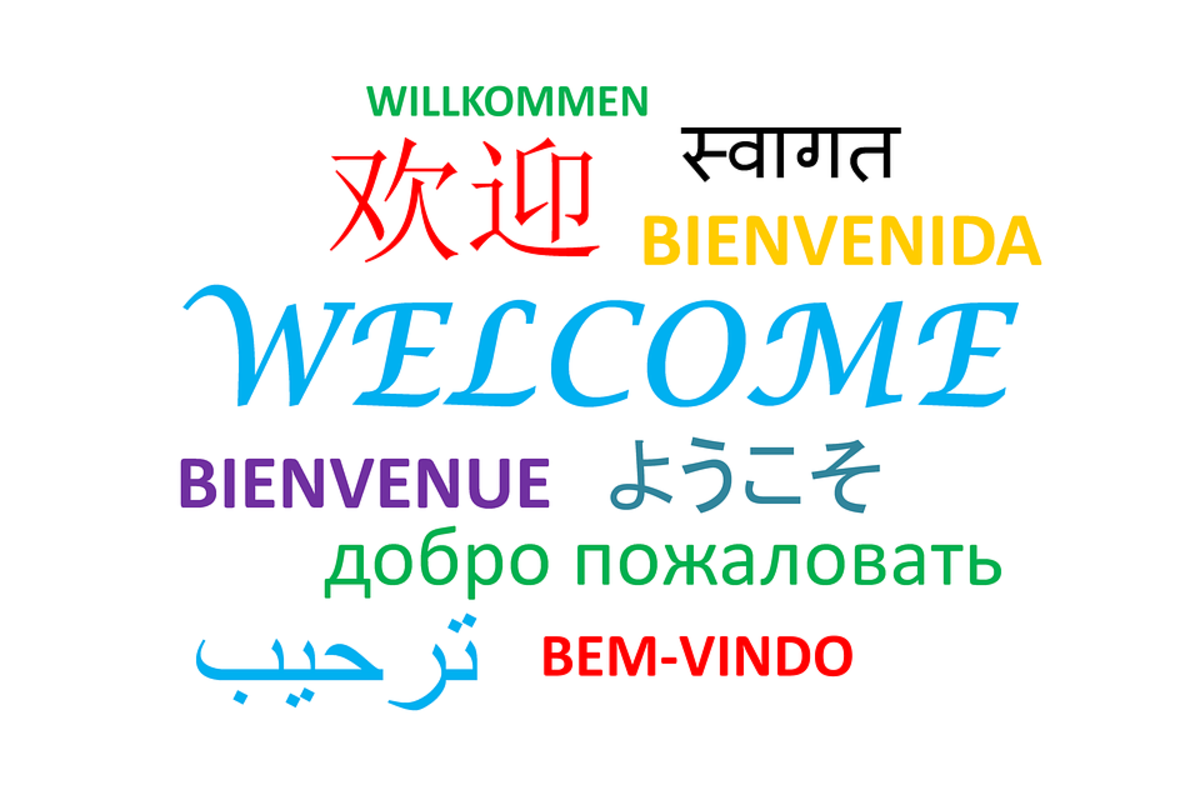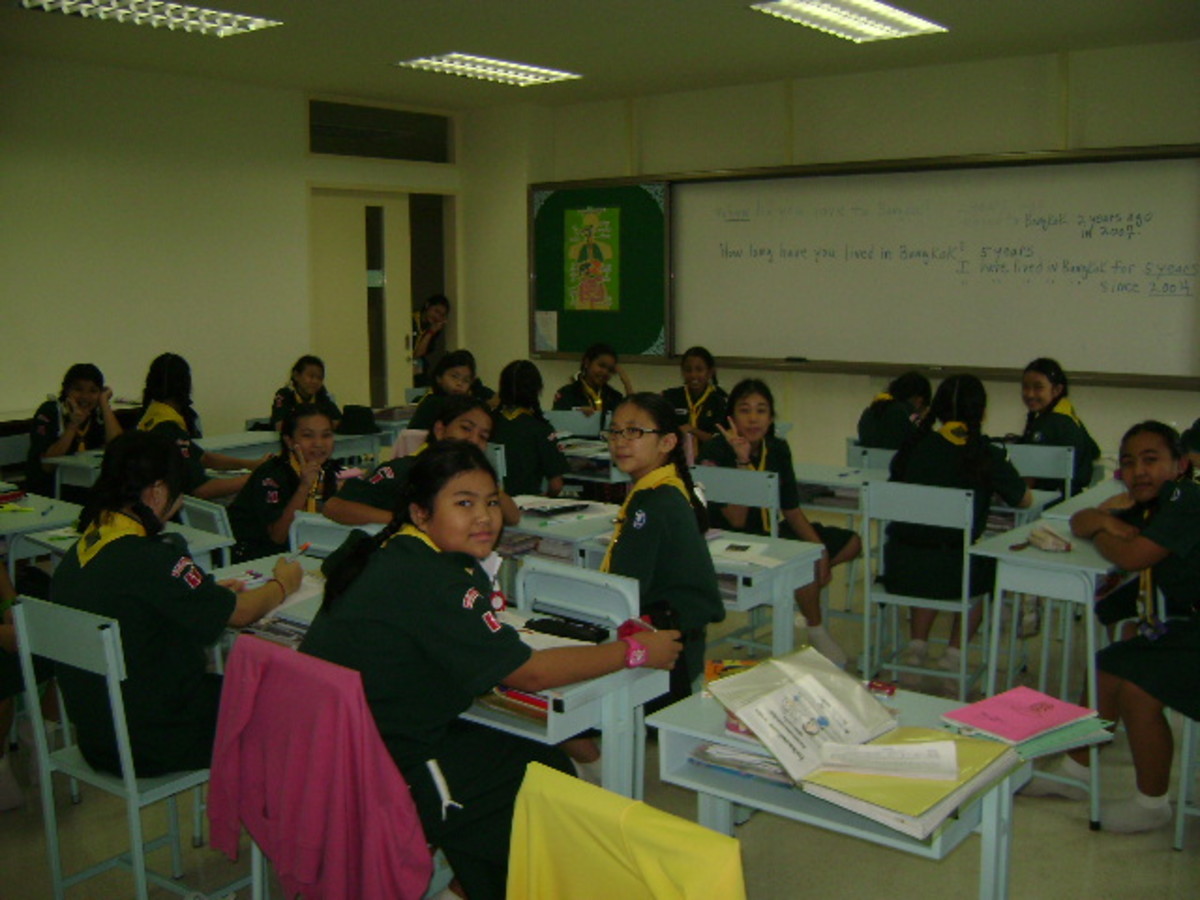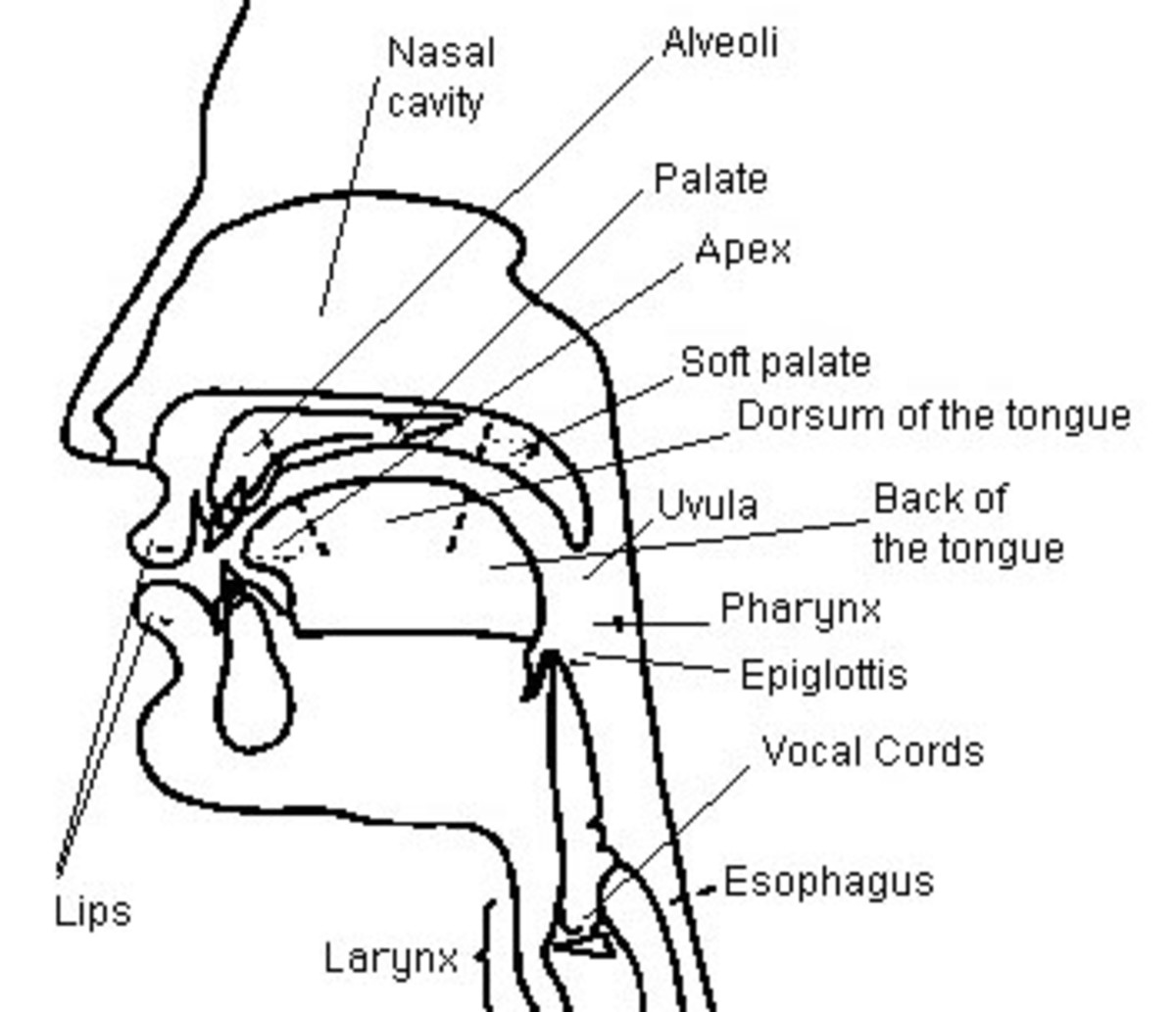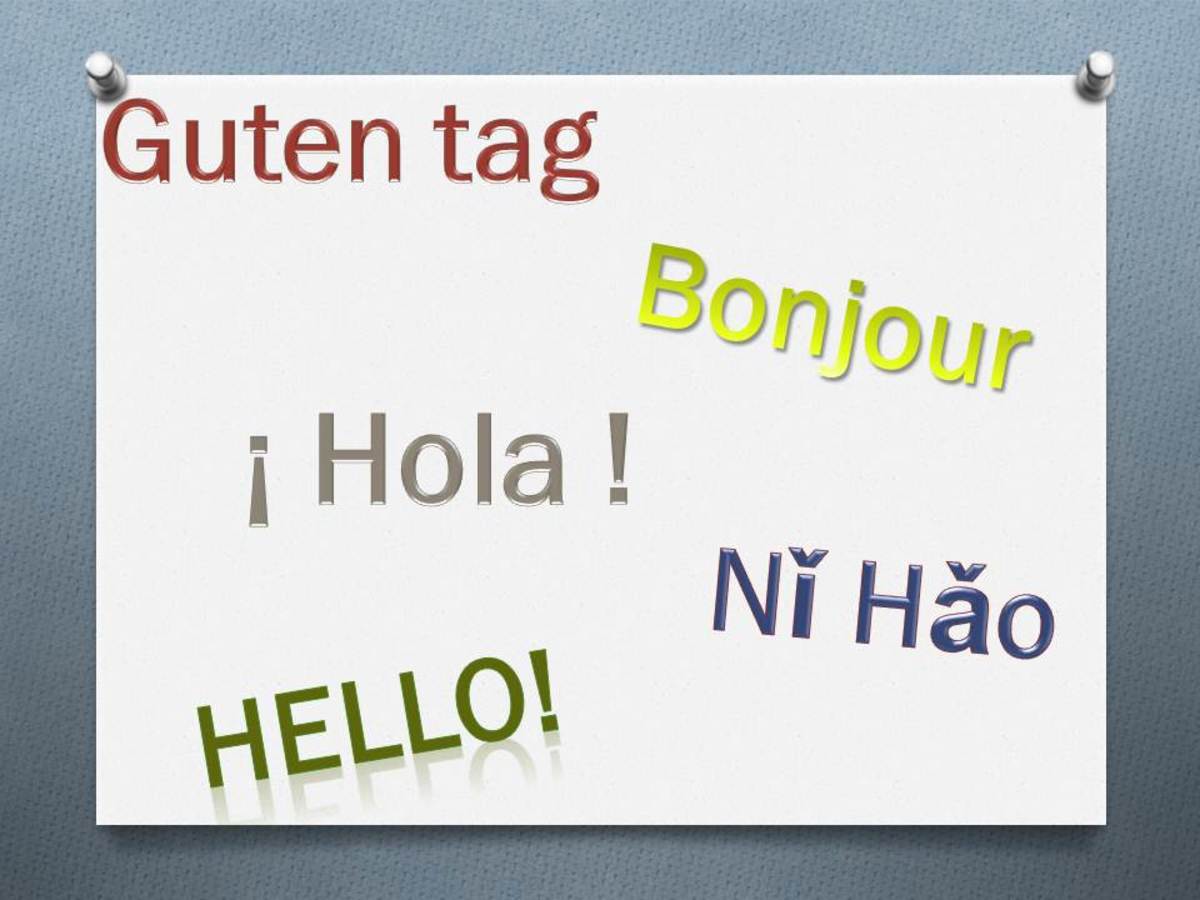The Difficult Task of Learning a Foreign Language
The difficult task of learning a foreign language.
Which is the best method to learn a foreign language? What difficulties await us during its learning? How to accelerate your learning? And first of all, how to learn to understand and speak another language in the most appropriate way?
Each of us who, as a grownup, has had the need or simply the goal of learning a foreign language, has for sure wondered these questions after attending a course, when we've noticed, that we weren't learning as effectively as we wished.
What happens, that I do not get the desired results? Maybe I'm too old to learn foreign languages? Or the worst, maybe I don't have the needed intellectual capacity?
We can ask ourselves several other questions. The reality is that although age can delay learning, it is not an deciding element. Everything depends on how we learn.
We all have already learned a language! Our own.
In my modest opinion the fundamental reason for the failure in learning a foreign language is, that most of us attend courses that are not based on a logical didactics and which aren't adapted to our native language.
Therefore we start learning, first without knowing what awaits us and second, we immerse ourselves in grammar and translation, which is not the indicated and better way to start studying another language.
Without a doubt for all of us, the biggest obstacle when it comes to master another language is phonetics. And for that reason, we should begin to learn it from the study of the phonetics of that language, which is for us a new world plenty of unknown sounds, that we've never heard or articulated.
My native language, Spanish, of the family of Romance languages has evolved towards the complexity of its grammar - it is enough to see the amount of past tenses - but at the same time regarding to phonetics Spanish has advanced towards the simplicity of the phonemes (sounds). For example, there is no difference in the pronunciation between the sounds "V" and "B", something that is common in many other languages, for example in English.
So is really difficult for me, a Spanish native speaker, first "to hear" the sounds of the phonemes of other languages, to which my brain is not used to recognize. And of course if you do not hear a sound, you are unable to repeat it.
Spanish speakers have a much harder task in the scope of phonetics. For a student of Polish nationality, English phonemes aren’t a headache, since his native language has about 71 phonemes, many of them rather are quite difficult for the English students themselves.
For this reason it is obvious, that the didactic should be adapted to the native language of the students. And that is not always the case.
The process of learning a language.
I’ve met many people who have
really rich vocabulary in a given foreign language, they know the meaning of
words perfectly, they read fluently in that language, but they are unable
either to understand or speak that language.
This is mainly due to the fact that reading and writing from one side and comprehension and speaking skills from the other, although linked to each other by the given language, have nothing in common regarding the senses and organs that participate in their execution.
The control of these skills is executed by the brain, which, thanks to its incredible capacity, intertwines them, which allows the impression that understanding, speaking, reading and writing in our native language seem to us something that is part of a whole. But it's not like that.
At birth, language learning is carried out naturally, it means, we learn it without being aware that we are doing it. We have inside ourselves the genetic need of communication, so we learn the language in the same way we learn, for example to walk, passing through different stages.
In the case of the natural learning the stages are divided into: the first is the learning of sounds. This stage is fundamental and thanks to it, in a more advanced age we'll have the ability to recognize to sounds and differentiate them. As an example, a child who grows up listening to sounds of Spanish language, hears about 22 sounds, while a child who grows listening to sounds of English near 44. This is how our phonetic awareness develops and we learn to differentiate the sounds of our native language.
During the second stage children learn to put together the sounds to build a meaning, the most accurate example is the sounds “M” and “O”, of the word “mom”. The process of connection of sounds with subjects and objects of the surrounding world begins. The process of cognition of the new words begins, for example, the recognition of where a word begins or ends, and also the identification of the nuances linked to the structure of the language, such as the differentiation between singular and plural: if instead of “mom” the child heard “moms”, this new sound of the letter "S" at the end of the word begins very soon to mean more than one for the little ones.
During the third stage, the child simultaneously begins to develop speech, learns to assemble sentences and place the words in the correct order.
During this process, and more or less from the first year of life, our brain eliminates sounds that are not part of the language we are learning (using).
Here begins to grow the obstacle we've spoken above: our brain learns to recognize and reproduce the phonemes of our native language, what leads to the fact that in advanced ages we lose the ability to recognize, from a wide range of surrounding us sounds, the phonemes of other languages we heard, as we were able to do in our childhood.
The ability of speech appears as a consequence of the necessity to communicate. And also of course in a natural way. When the brain of the child who has learned to recognize phonemes, discovers that he can use a more effective way to communicate its desires and needs, such as hunger, pain, sleepiness and many others, which until that very moment were communicated by crying. From that moment on, the child is totally engaged in the game of communication with its brand new tool – The speech.
At this moment something new shows up, apart from the brain, in the emission of sounds other organs must participate: the vocal cords, the muscles of the oral cavity, the face, and the tongue. And if we talk about muscles, the only way available to master them is to exercise them.
It is not enough to emit sounds, you have to make yourself understood and each sound has an intensity, a timbre and a pitch and what it entails, a unique configuration for each phoneme. The sound emitted must be as accurate as possible, so that when it is picked up by the tympanum of the interlocutor, he'd understand us.
What essentially separates speech and understanding in a given language, from reading and writing it, is that the first two skills exist in the scope of oral language that is acquired naturally, while the other two exist in the scope of written language which is a technique created by man in the course of his social development. Because of this, when we’re trying to be skilled in reading or writing in a foreign language, we are not really learning that language, we are simply deciphering the meaning of words through written language.
From here on, we can come to the conclusion that if we’re attending a course of a foreign language in which we only write, read and study the grammar, at the end of it, we will know a lot about spelling and grammar, but in consequence we're not going to be able to understand or speak that language.
So, how to effectively study a foreign language?
On this topic I will write in my next article.
See you soon…








